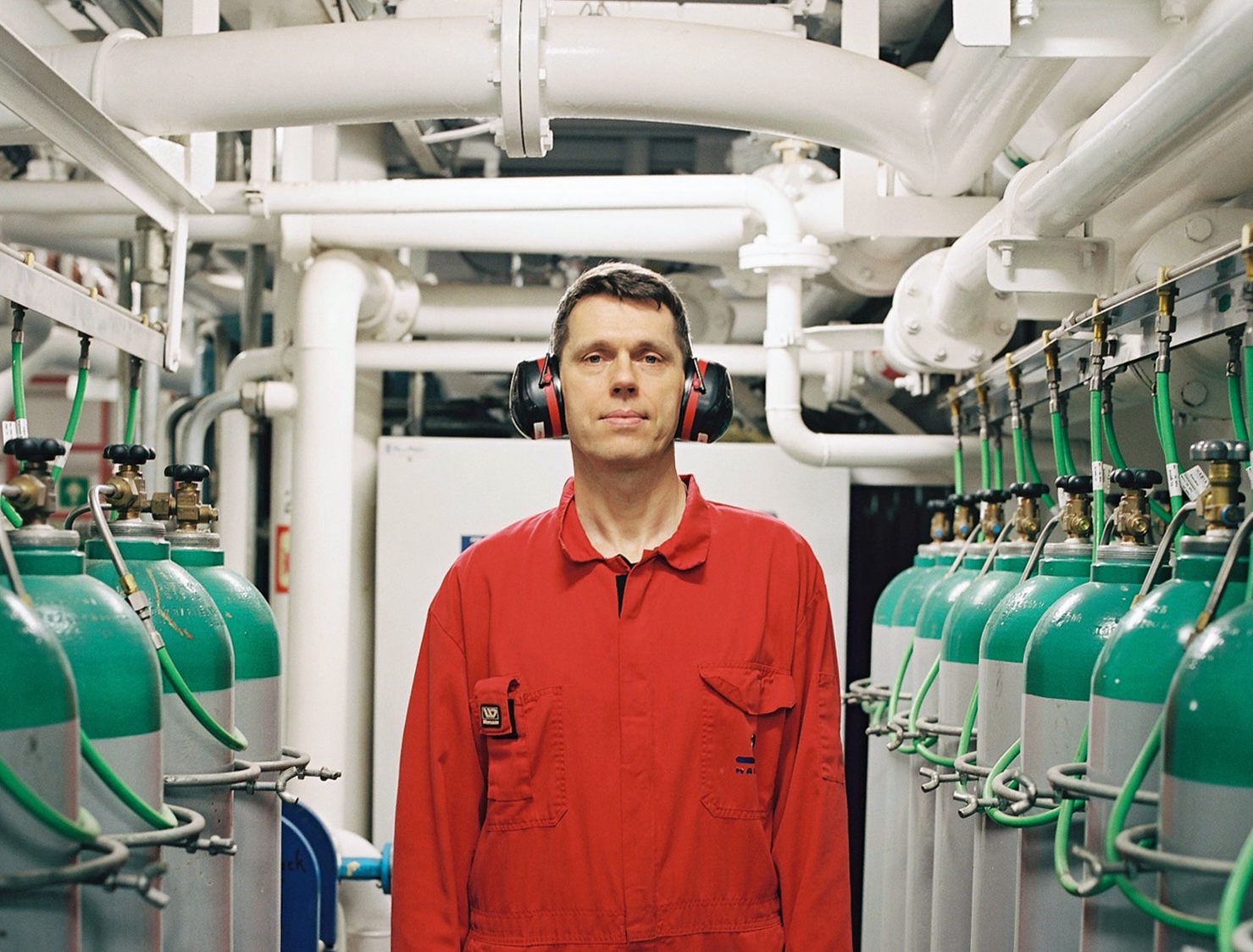Make Energy Work for Scotland
Policy proposals for the next Scottish Government

Scotland has everything it needs to win big from the energy transition – a proud industrial heritage, skilled energy workforce, and some of the best renewable resources in the world.
But right now, it is missing out.
Scottish communities are watching renewable energy infrastructure being built but not seeing its economic benefits. The North Sea is in terminal decline, yet Scotland’s oil and gas workers see no plan for their future in renewables.
This is a failure of government policy and action over many years.
Energy will be a key concern for voters as we head into the Holyrood elections. It is critical that debates are focused on how to make energy work for Scotland, so that it benefits our workers and communities.
Currently, the commercial interests of oil and gas companies dominate the debate, despite their rapidly diminishing role in the energy sector. By 2030, less than five years from now, renewable energy will account for almost two thirds of investment in the UK’s energy transition, with just 10% of this coming from oil and gas firms. Oil and gas investment is set to fall to less than a fifth of overall investment in projects relating to the energy transition in the UK.
Calls for new drilling are out of step with reality and a distraction. The North Sea is now a mature basin with dwindling reserves that are no longer economically viable without vast state support. Gas in particular is in steep decline: in just five years, more than two-thirds of the UK’s gas needs will be dependent on imports, rising to over 90% by 2050 - and that’s even if new fields are approved.
Future energy jobs lie in renewables, not oil and gas. The past decade has seen the number of jobs in Scotland supported by the oil and gas industry decline by a staggering 40%, as the basin declines – this is despite a policy of maximising economic extraction. Scotland’s oil and gas workforce is also now reporting a worrying fall in pay and conditions, as companies focus on extracting as much profit as possible from the aging basin.
And yet, for all the talk of a ‘just transition’, there is no plan to ensure Scotland’s energy workers and communities benefit from the North Sea’s transition to clean energy.
Scotland still has time to get this right, if we act now.
Scotland can still become a leader in domestic wind manufacturing, creating thriving supply chains and thousands of good, secure jobs for workers - but it will require real public investment. Scotland’s oil and gas workers can transfer their skills to building the new clean energy system - but they need more government help to do so. The planned acceleration of renewable energy in Scotland could create significant wealth for communities - but this will require government action to prioritise their needs.
The next Scottish Government must urgently step up and deliver change so that the energy transition, which is already well underway, enriches Scotland’s workers and communities.
While it is the case that most energy policy is reserved to the UK Government, many of the levers for delivering a successful transition are devolved and it will require the UK and Scottish Governments to work in lockstep. There is a substantial amount that the Scottish Government can do.
The next Scottish Government can Make Energy Work for Scotland, by committing to:
• LEAD Scotland’s energy transition
• INVEST in Scotland’s green industrial future
• SUPPORT Scotland’s oil and gas workers to transition
• EMPOWER communities through public ownership and wealth building; and
• PROTECT Scotland’s climate.
Read Uplift’s full proposals for the next Scottish government: Make Energy Work for Scotland



